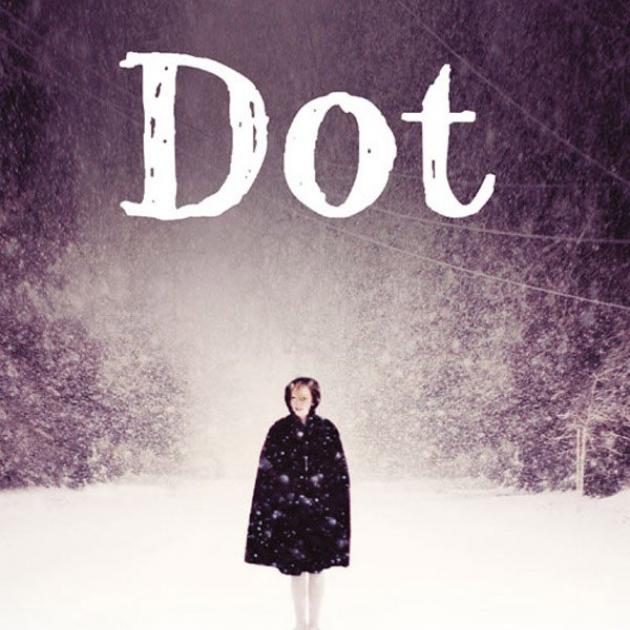
Dot, one of the most recent daughters, has never been told about her father, and the story is, in part, about her search.
The men involved in these women's lives do appear, but principally as the agents of the difficulties and pain in the women's lives. It is also about the ways that different generations of women have understood their roles, both in their relationships to each other and to the wider world, and the different ways that grief and pain are managed.
The women's characters emerge clearly and are engaging and the story is contemporary and interesting. However, this reader struggled with the somewhat abrupt changes of both time and point of view between chapters, not helped by the one-word chapter headings, which would have been more helpful if a name or a time had been used.
This apparently small thing breaks the flow of reading and is irritating. In the short preface, Hall makes reference to the ''Join the Dots'' puzzles of childhood, and perhaps this style was meant to somehow illustrate the main theme of the book, Dot's search for information about her father, but it is an unnecessary complication in an otherwise good read.
- Margaret Bannister is a retired Dunedin psychotherapist and science teacher.


